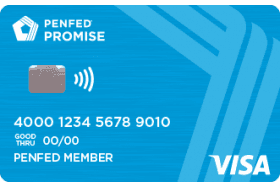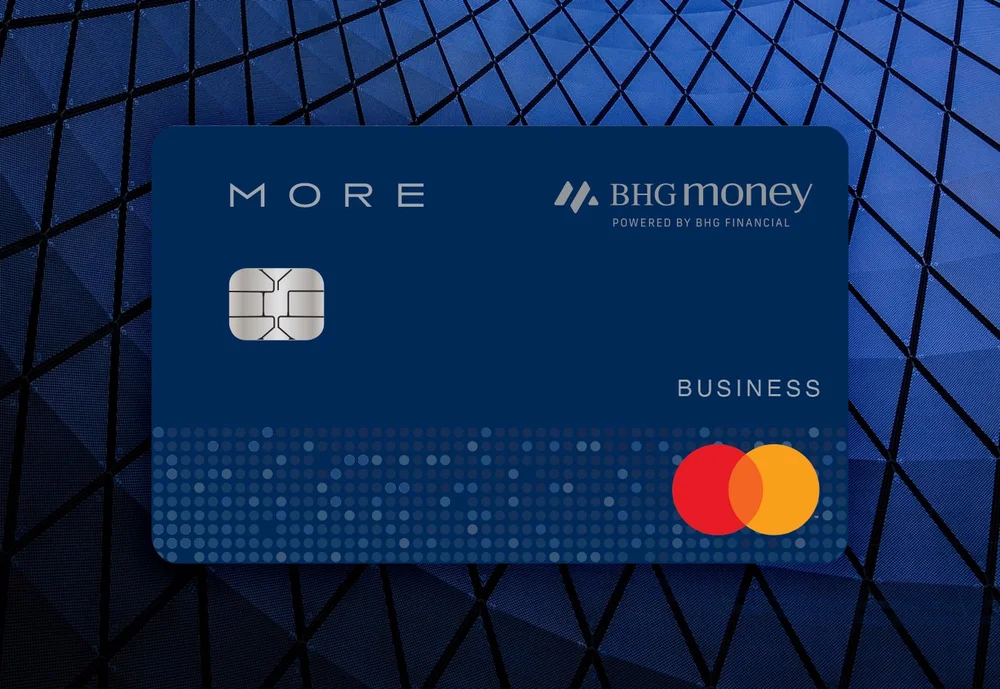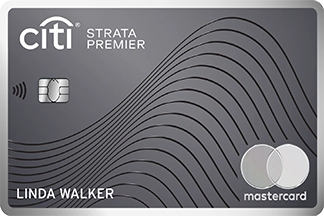- Subscribe to RSS Feed
- Mark Topic as New
- Mark Topic as Read
- Float this Topic for Current User
- Bookmark
- Subscribe
- Mute
- Printer Friendly Page
Credit usage
Is your credit card giving you the perks you want?
Browse credit cards from a variety of issuers to see if there's a better card for you.
- Mark as New
- Bookmark
- Subscribe
- Mute
- Subscribe to RSS Feed
- Permalink
- Report Inappropriate Content
Credit usage
I am new to this forum thing, the question I have is will it be ok to use my entire limit of a credit card and pay it off by the end of the month?
Please advise
Thank you
- Mark as New
- Bookmark
- Subscribe
- Mute
- Subscribe to RSS Feed
- Permalink
- Report Inappropriate Content
Re: Credit usage
Hi Kingnk,
This is actually a very complex question based on a large number of factors, such as your total UTI across all cards, the age of the account, the specific lender, the statement date of the account, if the account records interest before first statement the charge is on, your current credit scores,
Even with all that information, we might just be guesstimating, but generally there is not a problem with using your limit and quickly paying it off. Some people even recommend doing so as a way to nudge lenders into giving you a credit limit increase.
I think the biggest question would be, are we talking about a 500-2000 limit, or a 10,000 limit+? because I believe with smaller limits there is less anxiety when it is maxed out.
- Mark as New
- Bookmark
- Subscribe
- Mute
- Subscribe to RSS Feed
- Permalink
- Report Inappropriate Content
Re: Credit usage
An important misconception is implied by our OP's phrase "the end of the month." There are a few CC issuers that will report his balance at the end of the month (March 31, April 30, May 31, etc.) to the the three bureaus, but most do not. Most issuers report the amount at the end of the billing cycle. He'll need to look at his last 3-4 statements to find out when that is. For example, He might find that the statement states were Dec 20, Jan 21, Feb 18, March 20. In that case, he can infer that his billing cycle ends around the 19th to the 21st of the month (except in Feb when it might end on the 18th).
If he pays the card way down before the billing cycle ends, then typically no one will care (his other issuers won't even know) though certain abrupt use of credit cards can trigger a specific issuer's fraud and /or "bust-out" detectors. (E.g. new card with a 20k limit arrives and is activated, and then the next day is used for a 19k purchase.)
As Kree says, if our OP were to list all of his cards (including the issuer, credit limit, and current balance) we can suggest a pretty strategy that will work for him.
- Mark as New
- Bookmark
- Subscribe
- Mute
- Subscribe to RSS Feed
- Permalink
- Report Inappropriate Content
Re: Credit usage
@Anonymouswrote:An important misconception is implied by our OP's phrase "the end of the month." There are a few CC issuers that will report his balance at the end of the month (March 31, April 30, May 31, etc.) to the the three bureaus, but most do not. Most issuers report the amount at the end of the billing cycle. He'll need to look at his last 3-4 statements to find out when that is. For example, He might find that the statement states were Dec 20, Jan 21, Feb 18, March 20. In that case, he can infer that his billing cycle ends around the 19th to the 21st of the month (except in Feb when it might end on the 18th).
If he pays the card way down before the billing cycle ends, then typically no one will care (his other issuers won't even know) though certain abrupt use of credit cards can trigger a specific issuer's fraud and /or "bust-out" detectors. (E.g. new card with a 20k limit arrives and is activated, and then the next day is used for a 19k purchase.)
As Kree says, if our OP were to list all of his cards (including the issuer, credit limit, and current balance) we can suggest a pretty strategy that will work for him.
I had been assuming OP meant statement month, instead of calendar month. Thank you for pointing out that my assumption could be erroneous as most people would have meant calendar month.
- Mark as New
- Bookmark
- Subscribe
- Mute
- Subscribe to RSS Feed
- Permalink
- Report Inappropriate Content
Re: Credit usage
I definitely would not let a maxed out credit card report to the CRA's, which means it would need to be paid down before the statement cuts. It's also possible that a maxed out card could be some kind of internal trigger by the lender.
- Mark as New
- Bookmark
- Subscribe
- Mute
- Subscribe to RSS Feed
- Permalink
- Report Inappropriate Content
Re: Credit usage
@Anonymouswrote:
Hi,
I am new to this forum thing, the question I have is will it be ok to use my entire limit of a credit card and pay it off by the end of the month?
Please advise
Thank you
If the high balance reports in your statement, it will hurt your FICO 8 score until the next statement.































Total revolving limits 568220 (504020 reporting) FICO 8: EQ 689 TU 691 EX 682